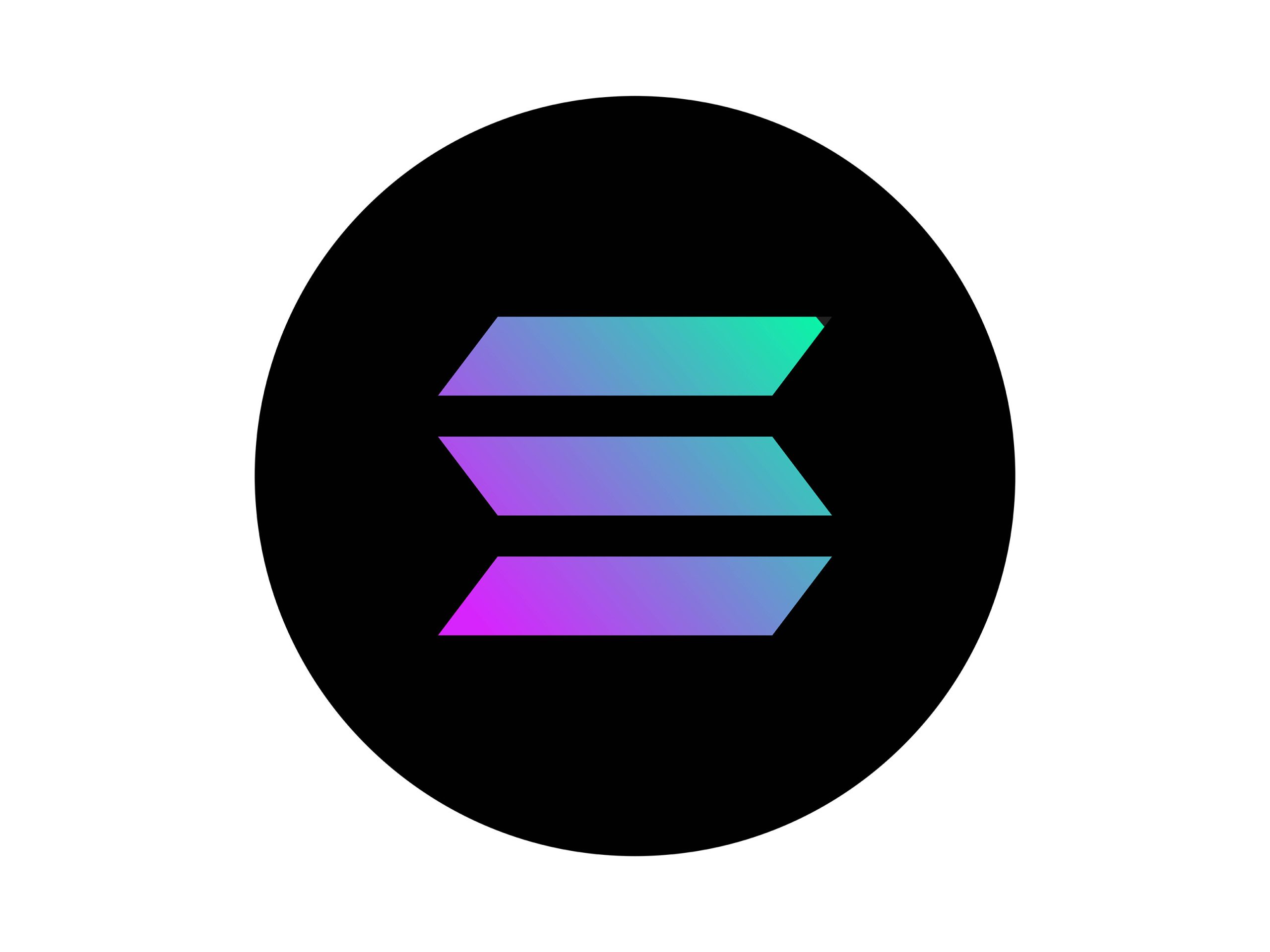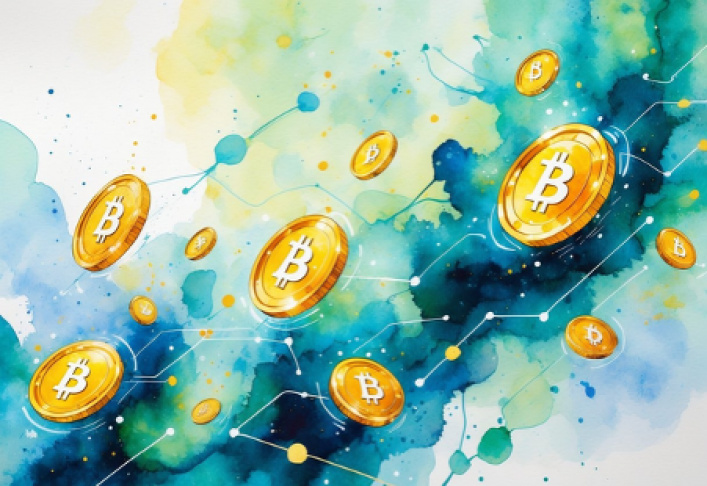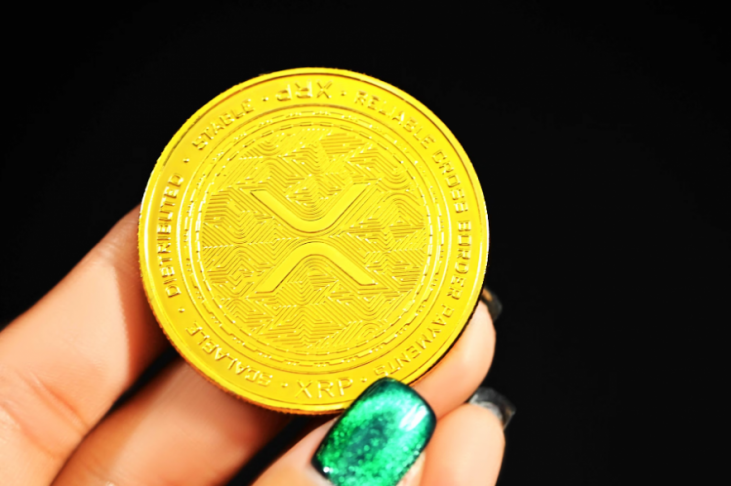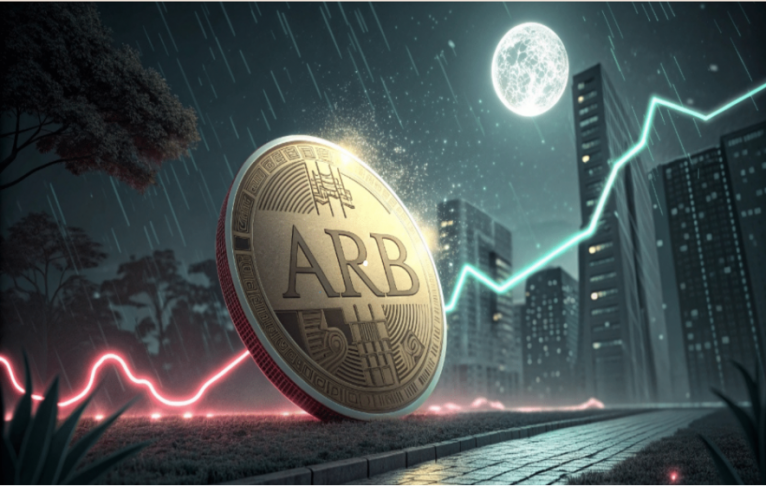Smartdrops: A New Paradigm for Community-Targeted Token Giveaways
Aug 07, 2018, 12:00pm
Smartdrops give away free tokens to a project's base. Are they more worthwhile than airdrops which give away tokens indiscriminately?
Over the last few years, airdrops have been used to give away free tokens, but now a new paper has introduced an alternative: smartdrops.
The paper suggests that projects that implement an airdrop should be more selective of token recipients. In particular, it suggests that projects should reward their existing base of users and contributors instead of using “dumb” airdrops to try to build a base from scratch.
Airdrops traditionally have had an indiscriminate distribution style. Typically, a wide variety of people receive airdropped tokens, but very few people receive many. Sometimes tokens will simply appear in one’s wallet (especially during hard forks), but more often than not airdrops will require users to complete small tasks that help spread the word about the project on social media. Anybody who is willing to attempt word-of-mouth advertising can get a few tokens.
But this marketing method seems to be falling out of fashion as projects consider their airdrop recipients more carefully. The paper identifies three blockchain platforms (Quantstamp, Polymath, and Dfinity) that carefully selected their token recipients based on their participation in the project, their involvement in the community, and whether they had backed the project. CoinDesk cites OpenGarden as another project that is doing the same.
If the trend continues, smartdrops could be beneficial for both parties. First, recipients would reap more substantial rewards. Second, the project would retain loyal users and keep the tokens in the community instead of getting a quick marketing fix. However, this also requires the project to put out a substantial number of tokens, which is not the case right now. Smart drops must “reward users with real value, not a rounding error,” as the paper puts it.





